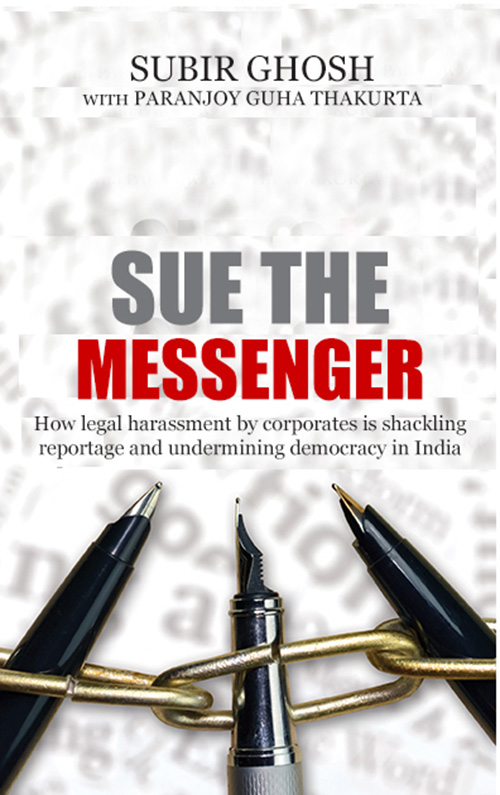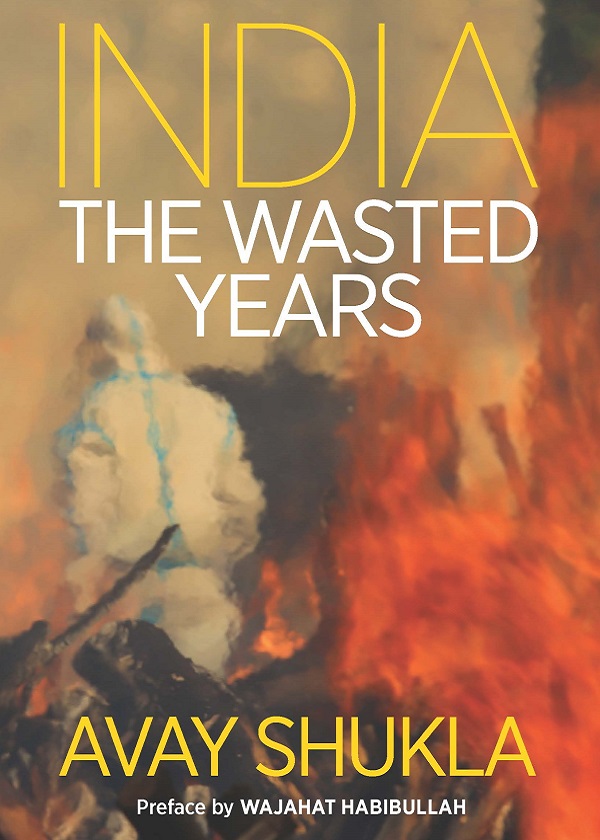PRESS COUNCIL of India Chairman Justice (retd) Markandey Katju has rightly taken up the issue of journalists being attacked in Maharashtra. This has been going on for far too long. But to use this occasion to threaten to dismiss the state government is an extreme position to take. It’s one thing to say that the PCI urges Chief Minister Prithviraj Chavan to take action against those responsible for the attacks on journalists. It’s one thing to express unhappiness at the chief minister for not replying to his correspondence, but to say that please show cause as to why your government (which is elected by the people) should not be dismissed under Article 356 of the Constitution of India and President’s Rule imposed, is far too extreme.
To be charitable, we could argue that this is Justice Katju’s way of drawing attention to a problem. But the alacrity, the speed with which he also withdrew his showcause notice and issued a press release saying, ‘Hello, since you have replied to me, I believe you are a nice guy and therefore it’s okay, I’m withdrawing the show cause notice’ — these are completely unnecessary and unwarranted.
Now, the question is: should there be a special set of laws for journalists? I don’t think these are necessary. We have all kinds of laws — the Indian Penal Code, the Criminal Procedure Code — and a journalist is not a special citizen for whom we need special laws. It’s like saying journalists should be given a special dispensation. If you want to take this argument further, then you can sort of justify a state government giving land to journalists, giving special concessions or trying to bribe journalists as various governments have done at different points of time.
Journalists don’t need any special laws. If they are being prevented from fulfilling their professional responsibility in a free and fearless manner, the state administration should take stern action against those responsible.
The point that is coming through in what Justice Katju is saying is falling into a pattern. By overstating his case, he sometimes does not help the causes that he espouses. He is literally giving a quote a day on everything under the sun. That’s his prerogative. He can comment on everything from Salman Rushdie to the state of the universe, but what should get priority is ensuring that journalists are able to fulfil their obligations. It’s okay to draw attention to all that is going wrong when state governments are not taking action against those responsible.
What happened in Mumbai in the case of J Dey, who had a reputation for exposing corruption in high places including the Mumbai Police department, is particularly shocking and painful. When a senior journalist like Dey is gunned down in cold blood, in front of his residence, in broad daylight, in the heart of Mumbai, imagine how journalists operate in remote and far-flung places in Chhattisgarh and Jharkhand, where communication systems are not that good, where support systems are inadequate.
If journalists fulfil their professional responsibility in a diligent, sincere manner and expose corruption in high places, they will hurt people. That doesn’t give the people who are hurt the right to kill or conspire to kill. But there is a tendency among those in positions of power and authority to shoot the messenger. The country should feel a sense of consternation that those responsible for exposing corruption in high places, those upholding freedom of expression should be attacked in this manner.
If the laws of the land are properly enforced and adhered to by every citizen, then you wouldn’t have a problem. But yes, journalists are increasingly vulnerable to attacks. The PCI needs to address this problem in all seriousness. As for some of the statements made by Justice Katju, I think he has gone more than a little overboard.
(as told to Kunal Majumder)


